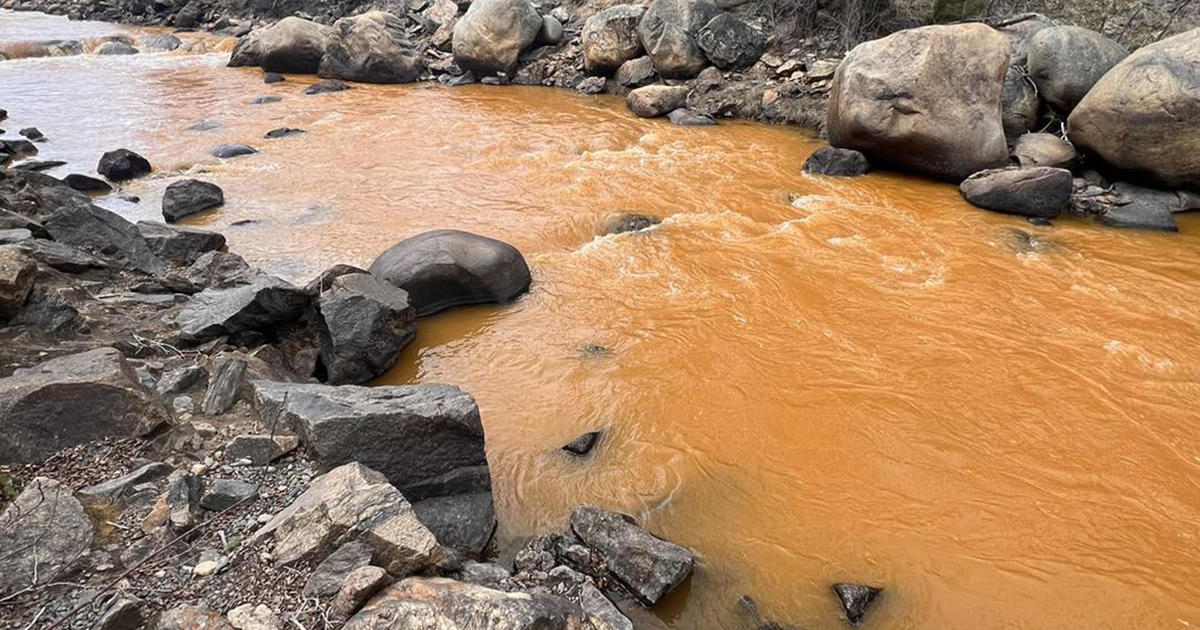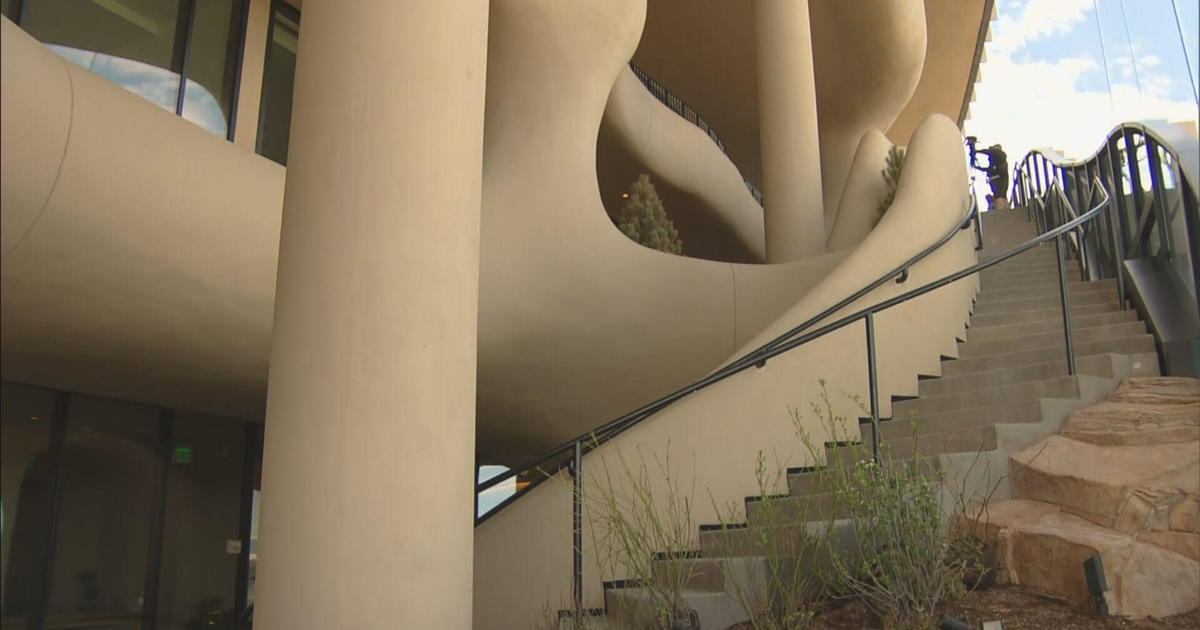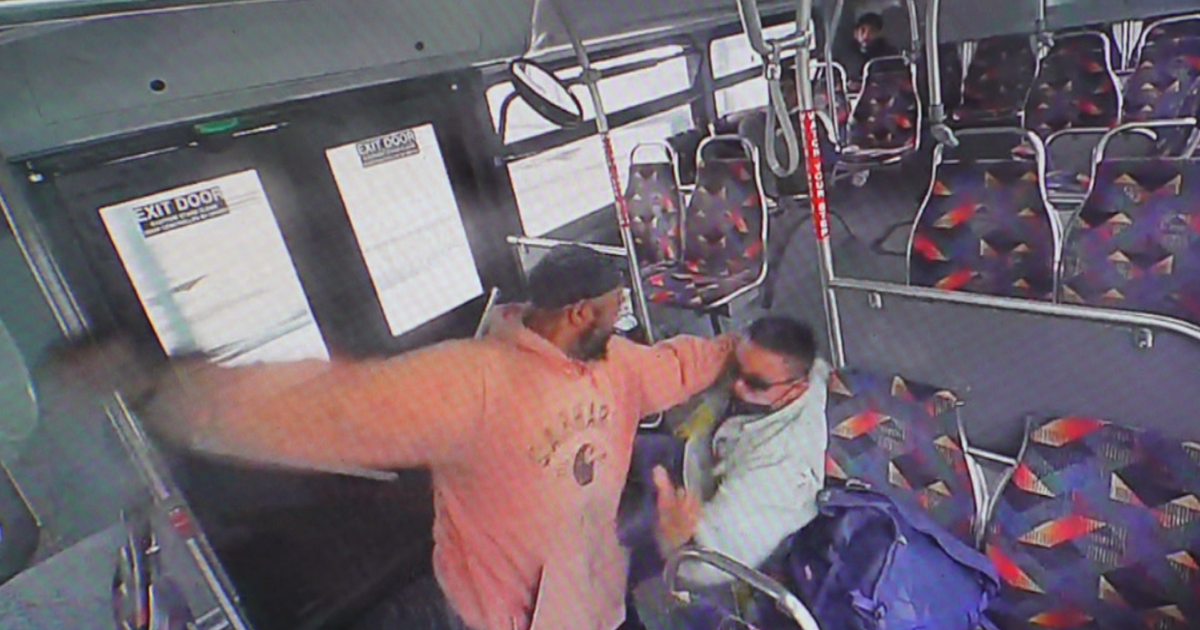Wary Coloradans Weigh Superfund Cleanup After Mine Spill
DENVER (AP) - With inactive mines bleeding millions of gallons of acidic wastewater into southwestern Colorado rivers every year, officials are touring Superfund sites around the state this week to see if the federal cleanup program is the best way to heal the damage.
A 3-million-gallon spill from the Gold King Mine on Aug. 5 intensified a years-long debate over how best to clean up that mine and hundreds like it in the San Juan Mountains north of Silverton.
An Environmental Protection Agency crew inadvertently triggered the spill, unleashing water tainted with heavy metals into Colorado, New Mexico and Utah rivers. The Southern Ute Reservation and the Navajo Nation were also affected.
The three-day tour of Superfund sites is set to start Wednesday and includes mining-related cleanup projects in Creede, Leadville, Minturn and Idaho Springs. Officials from Silverton and surrounding San Juan County are participating, along with others from adjacent La Plata County and the Southern Utes. State and EPA officials will also go along.
Officials will see cleanup projects firsthand and talk to residents about the impact that Superfund had on their communities.
The EPA says it first considered a Superfund designation for the mines north of Silverton in the 1990s but twice backed off because local cleanup efforts were underway and residents had concerns about EPA involvement.
Many residents say they want the mines to be cleaned up but need more answers before agreeing to a Superfund project, including how soon money would be available.
"It needs to be started right away," Silverton Town Administrator Bill Gardner said.
PHOTO GALLERY: Gold King Mine Tour
Residents worry that a Superfund listing would lower property values, make banks reluctant to lend, and send an influx of workers into tiny Silverton, which already has trouble housing workers for its all-important tourism business.
But after the Gold King spill, fewer people are worried that a Superfund listing will hurt tourism, said Mark Esper, editor of the Silverton Standard newspaper.
"It made a lot of news, and finally we're getting something done," he said.
The EPA has said it won't proceed with a Superfund designation without support from Gov. John Hickenlooper. The governor says he won't press such a cleanup unless area residents and officials want it.
State officials have been talking with residents about the implications of a Superfund listing. Hickenlooper said he takes all the concerns seriously and state officials should address each one.
He was noncommittal on whether Superfund is the best approach but said it has worked well elsewhere in Colorado. Others see few alternatives.
"If we're serious about long-term cleanup up there, there's really no other funding mechanism that I see," said Andy Corra, owner of 4Corners Riversports, an outdoor recreation company in Durango about 50 miles downstream from Silverton.
Some have proposed "Good Samaritan" laws to encourage companies and nonprofits to clean up mines by protecting those entities from liability for possible environmental accidents, but Corra doubts they could find the money the cleanup will require.
Because of the far-reaching effects of the Gold King spill, a much larger population wants a say in the decision.
New Mexico Environment Secretary Ryan Flynn said his state is more concerned that the cleanup be done well than whether it's done through Superfund or another program.
"New Mexico will ensure this site is cleaned up by competent professionals skilled in abandoned mine reclamation work," Flynn said in a written statement.
(© Copyright 2015 The Associated Press. All Rights Reserved. This material may not be published, broadcast, rewritten or redistributed.)



